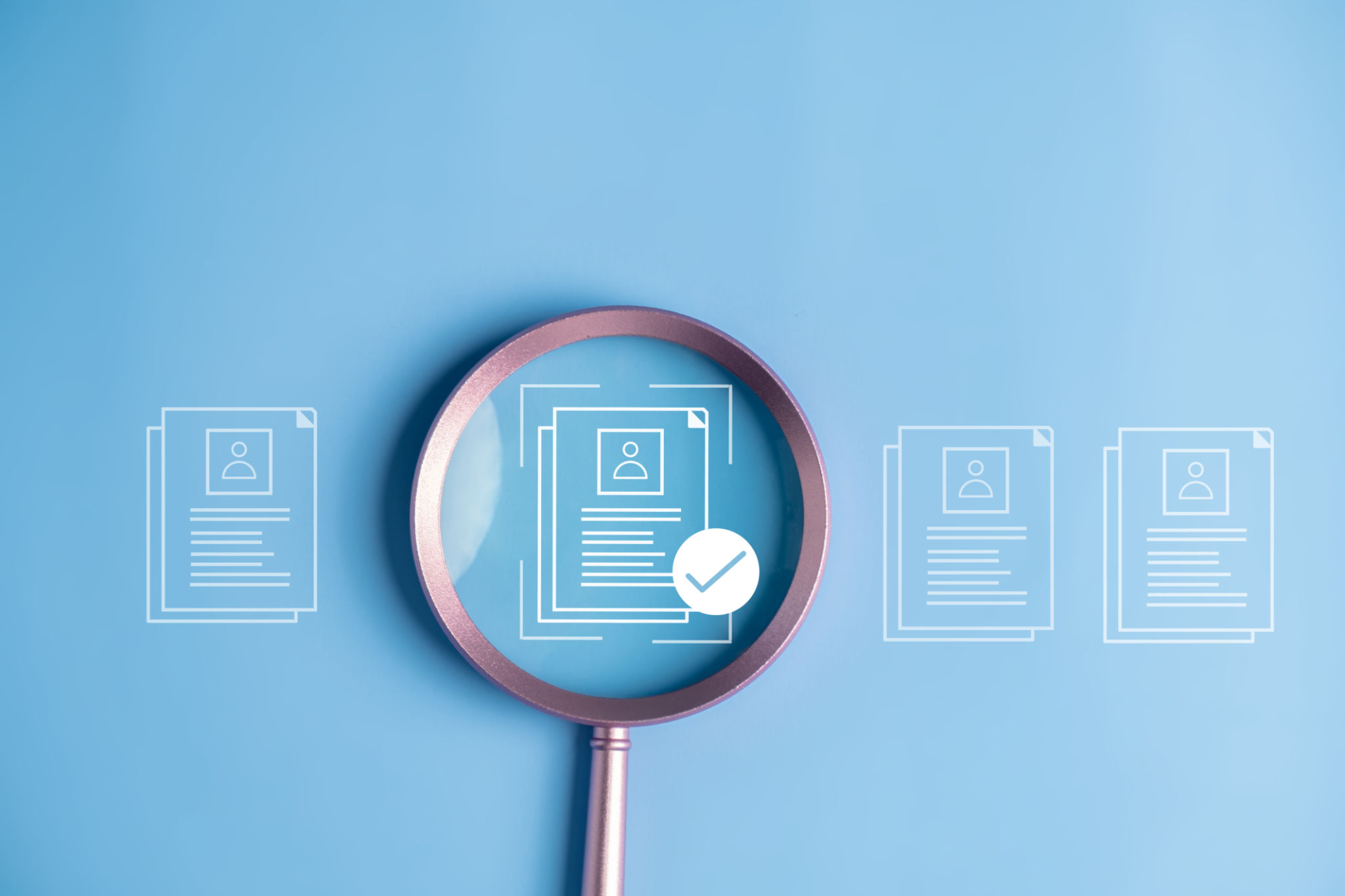Top Misconceptions About Pre-Employment Background Checks
Understanding Background Checks
Pre-employment background checks are a standard part of the hiring process for many organizations. They are designed to verify the information provided by the candidate and ensure there are no hidden surprises that could affect their job performance. However, there are several misconceptions about these checks that can lead to misunderstandings and misplaced concerns. In this post, we'll explore some of the most common myths surrounding pre-employment background checks.

Myth 1: Background Checks Are Invasive
One of the most prevalent misconceptions is that background checks are an invasion of privacy. While they do require some personal information, reputable companies conduct these checks in accordance with privacy laws and regulations. They only access information that is relevant to the job position, such as criminal records, employment history, and educational qualifications. It's important to understand that these checks are not about prying into every aspect of a candidate's life but rather ensuring a safe and qualified workforce.
What Information Is Typically Collected?
A standard background check might include:
- Verification of identity and Social Security number
- Employment history and references
- Educational achievements
- Criminal record checks
- Credit history (for certain positions)
Myth 2: Background Checks Are Only for High-Level Positions
Another common myth is that only high-level or sensitive positions require background checks. In reality, many employers conduct background checks for a wide range of positions. This practice helps ensure consistency and fairness in the hiring process, regardless of the job level. Employers need to trust their employees, and background checks are a tool to verify that trust.

The Importance of Consistency
Conducting background checks consistently across all levels of employment can help organizations maintain a fair hiring process. It also protects them from potential liabilities by ensuring all employees meet certain standards of integrity and reliability.
Myth 3: Background Checks Are Unreliable
Some believe that background checks are unreliable and can lead to false positives or negatives. While no system is perfect, professional background check services utilize advanced technologies and methodologies to provide accurate results. They cross-reference data from multiple sources to ensure the information is correct and up-to-date.
Choosing a Reputable Service
Employers can improve the reliability of their background checks by choosing reputable service providers. These providers follow industry standards and legal requirements to deliver comprehensive and accurate reports.

Myth 4: Background Checks Are Time-Consuming
Many assume that background checks take weeks to complete, delaying the hiring process significantly. However, technological advancements have streamlined these processes, allowing for quick turnaround times. Most checks can be completed within a few days, if not sooner, depending on the depth of information required.
Balancing Speed and Thoroughness
While speed is important, it's crucial that employers do not sacrifice thoroughness for quick results. A comprehensive check ensures that all necessary information is gathered, reducing the risk of future complications.
Conclusion
Understanding the realities of pre-employment background checks can dispel common misconceptions and help both employers and candidates navigate the hiring process more effectively. By using these checks as a tool to ensure workplace safety and reliability, organizations can build a strong and trustworthy team.
